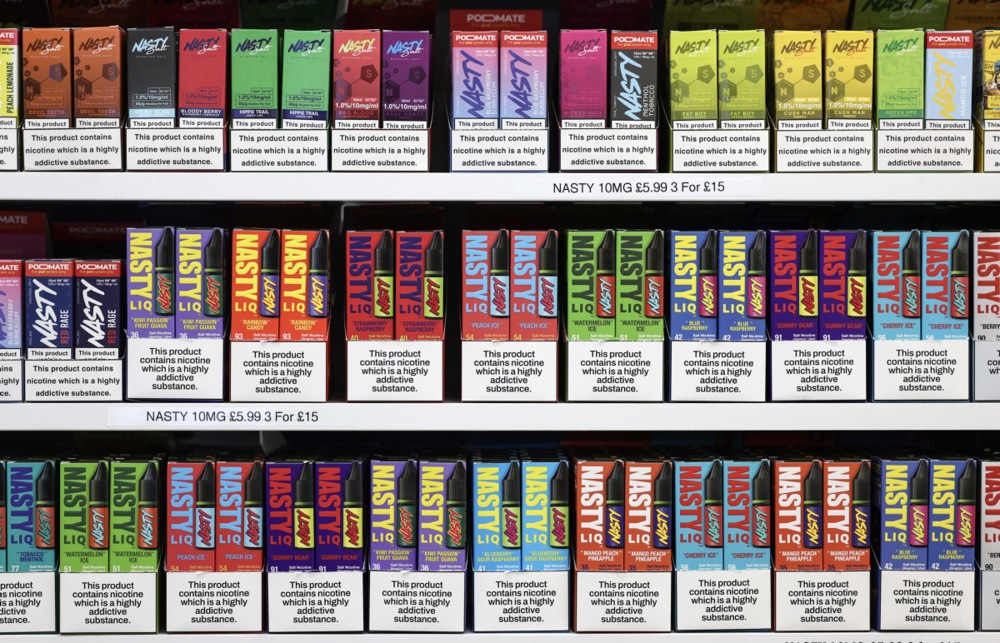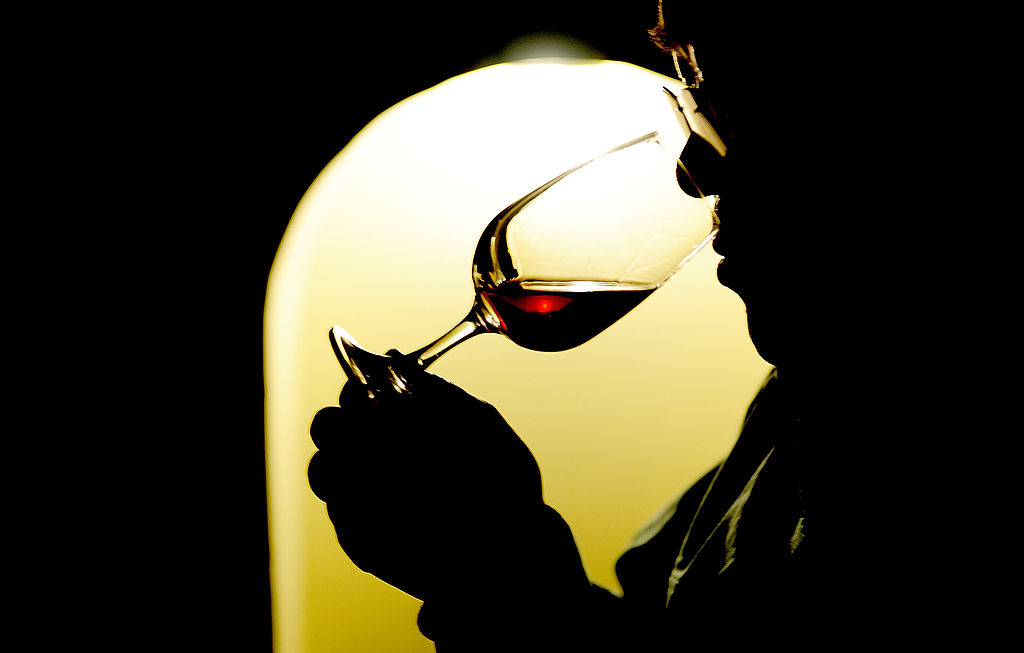The Czech Government has approved a proposal to ban the sale of high-dose caffeine “energy drinks” to young children.
On November 13 the cabinet adopted a proposal to safeguard youngsters from the potentially dangerous effects of stimulants in such beverages but there are still some technological and legal difficulties ahead, Radio Prague International reported.
The legislative chambers, where the governing parties have a majority, still need to approve it.
The Agriculture Minister Marek Výborný noted that there was no legal definition of what constituted an energy drink as yet and added that the government was open to expanding the proposed legislation’s scope to include harmful substances in food.
That could lead to issues at the European Union level because, apart from tobacco and alcohol, there are few harmonised regulations regarding importing such beverages and food.
Some countries, such as Belgium, the Netherlands and Denmark, have already banned drinks including Prime Energy, part of the Prime range founded by “social media personalities” Logan Paul and KSI, due to high doses of caffeine but the drink is available in other EU countries including Germany and online.
An explanatory memorandum on the proposed Czech ban on energy drinks noted: “The incidence of diseases that are associated with excessive consumption of sugary beverages is high in the Czech Republic and has [been] a growing trend, even in the paediatric population.”
Energy drinks were connected with risks of being overweight or obesity, high blood pressure, excessive tooth decay, depression, nervousness, feelings of anxiety and sleep disorders.
Such beverages will soon no longer to be sold at all in medical facilities, schools, child welfare centres and at events for children under the age of 15.
The Ministry of Health could establish regulations for energy beverages that parallel existing alcohol controls, covering product packaging specifications and sales restrictions.
That would mandate age verification for all purchase channels, from online platforms to vending machines.
The regulations would ensure that advertising for energy drinks should not target children and should not encourage over-consumption or give the impression that consuming such beverages contributed to social success, dealing with personal problems or had any health benefits
The Czech Association of Soft Drink Manufacturers has opposed the ban, claiming that many accusations against energy drinks were unscientific. According to the group, education would be more appropriate than prohibition.
Veronika Jakubcová, head of the association, said: “Alcohol is regulated by law and there are still minors who consume it. Energy drinks have been sold for more than 25 years and their harmfulness has not been proven.”
“The biggest sources of caffeine are black tea, followed by coffee, then so-called cola-type drinks, and then energy drinks, which are next in line. So it’s really about moderation.”
Energy drinks are popular among the country’s youth, with a reported 20 per cent of schoolchildren between 11 and 15 drinking them at least once a week.
This is twice the rate of 2018, the Health Behaviour in School-aged Children (HBSC), an international collaborative research study focusing on the lifestyle of children, found.
Influencers on social media reportedly promote energy drinks and such beverages are said to have become something of a status symbol among schoolchildren.
Youngsters who neglect school, hobbies or spend too much time on the internet reportedly consume energy drinks up to six times more often than their peers who do not abandon their studies, pastimes or access online sites to excess.
Children who play video games excessively are also said to drink about four times more such products than those who do not.





